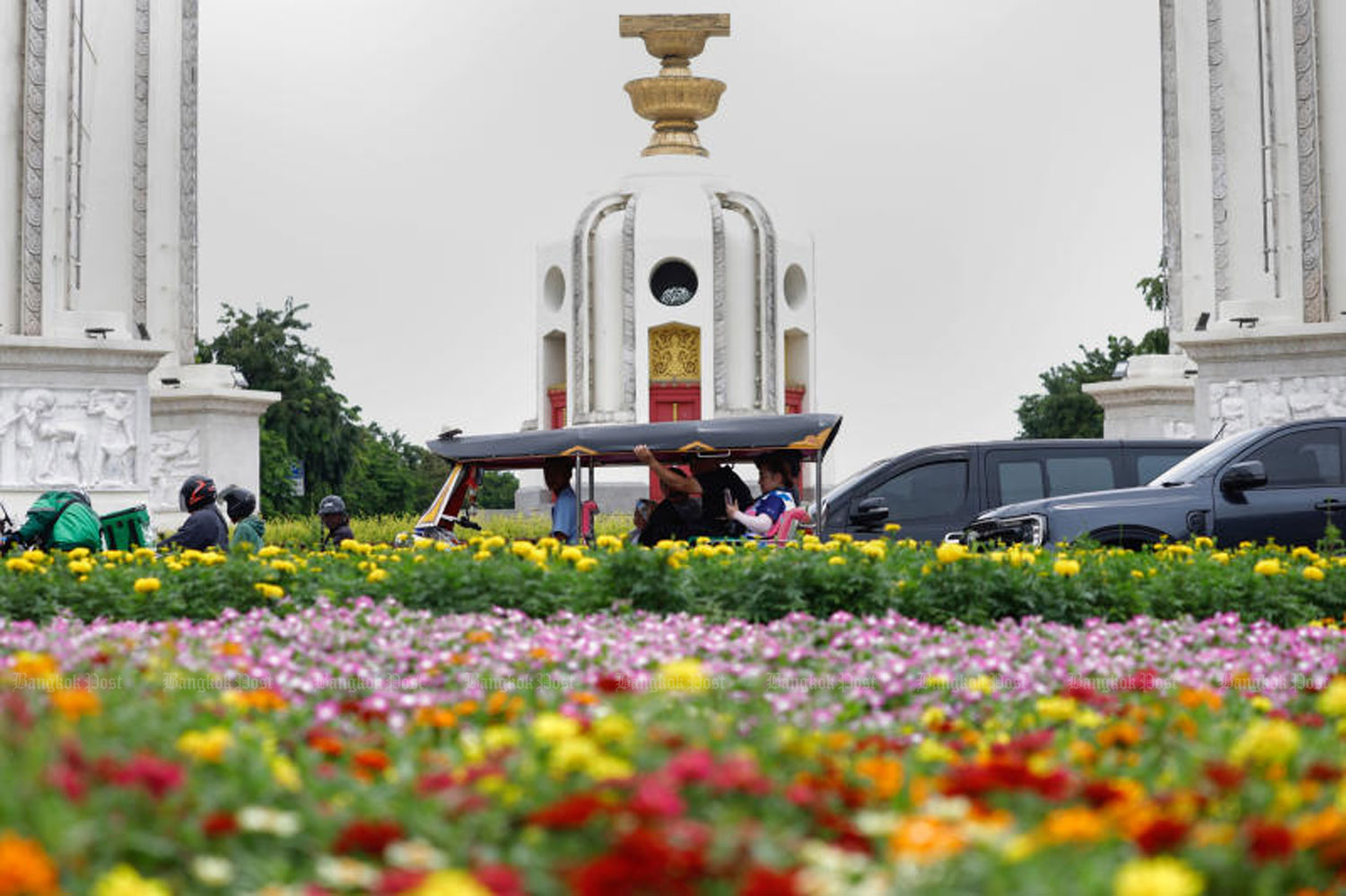Addressing the Urgent Need for Improved Influenza Protection
Experts have called for elevating elderly care through the initiative “Protection Beyond Flu,” emphasizing the importance of comprehensive vaccination strategies. Recent research from Denmark indicates that using a High-Dose Influenza Vaccine can significantly reduce hospitalizations due to flu and pneumonia by 64.4% and lower mortality rates by 48.9% among the elderly.
The Vulnerability of the Elderly to Influenza
Statistics Highlighting Risks for Seniors
Approximately 80% of deaths related to influenza occur in individuals over the age of 65, with seniors being ten times more likely to be hospitalized due to complications from the flu. These alarming statistics underscore the need for enhanced protection measures for older adults.
Insights from the Regional Scientific Seminar on Influenza
Gathering of Global Experts
Over 400 global and regional experts convened at a regional scientific seminar focused on improving health outcomes for adults through vaccination. The forum highlighted the urgent need to advance elderly protection with the ‘Protection Beyond Flu’ standard of care, discussing various strategies to increase vaccine uptake and evaluate flu vaccines effectively.
The Impact of Influenza on Health and Economy
Understanding Complications and Economic Burden
Influenza can lead to severe complications affecting major organ systems, including pneumonia, heart attacks, and strokes. According to the World Health Organization (WHO), there are approximately 3-5 million severe cases of influenza globally each year, resulting in 290,000 – 650,000 deaths from serious complications. In Thailand alone, as of November 2, 2024, there have been 603,000 reported influenza cases, marking a 25% increase from the previous year.
Progress in Flu Vaccination in Thailand
Increasing Awareness and Vaccine Availability
Prof. Terapong Tantawichien, Head of Division of Research Clinic at Queen Saovabha Memorial Institute, discussed Thailand’s progress in flu vaccination. Since initiating a free vaccination program in 2011, the country has increased its annual doses from 1-2 million to 6 million, achieving a vaccine coverage rate of 30% among the elderly. However, this still falls short of the WHO’s target of 75% for vulnerable groups.
Challenges in Vaccine Uptake Among Seniors
Addressing Vaccine Hesitancy
Dr. George Kassianos, a UK specialist in vaccinations and immunization, emphasized that recent declines in vaccine coverage among the elderly are primarily due to vaccine hesitancy. Concerns about side effects and doubts regarding vaccine effectiveness contribute to this issue. Raising awareness and educating both seniors and their caregivers about the importance of flu vaccination is essential for improving protection.
The Importance of Robust Clinical Evidence
Ensuring Effective Healthcare Solutions
To provide reliable healthcare solutions, it is crucial to prioritize high-quality clinical trial designs that generate robust medical evidence. Prof. Tor Biering-Sorensen highlighted that high-dose influenza vaccines offer greater protection against flu-related hospitalizations and mortality compared to standard doses.
A Call for Comprehensive Elderly Protection
Influenza poses significant risks to elderly individuals, leading to serious health complications that can drastically affect their quality of life. Implementing effective vaccination strategies under the “Protection Beyond Flu” initiative is vital for safeguarding this vulnerable population against influenza and its associated risks. By prioritizing elderly care through enhanced vaccination efforts, healthcare systems can significantly reduce healthcare expenditures while improving overall health outcomes.









